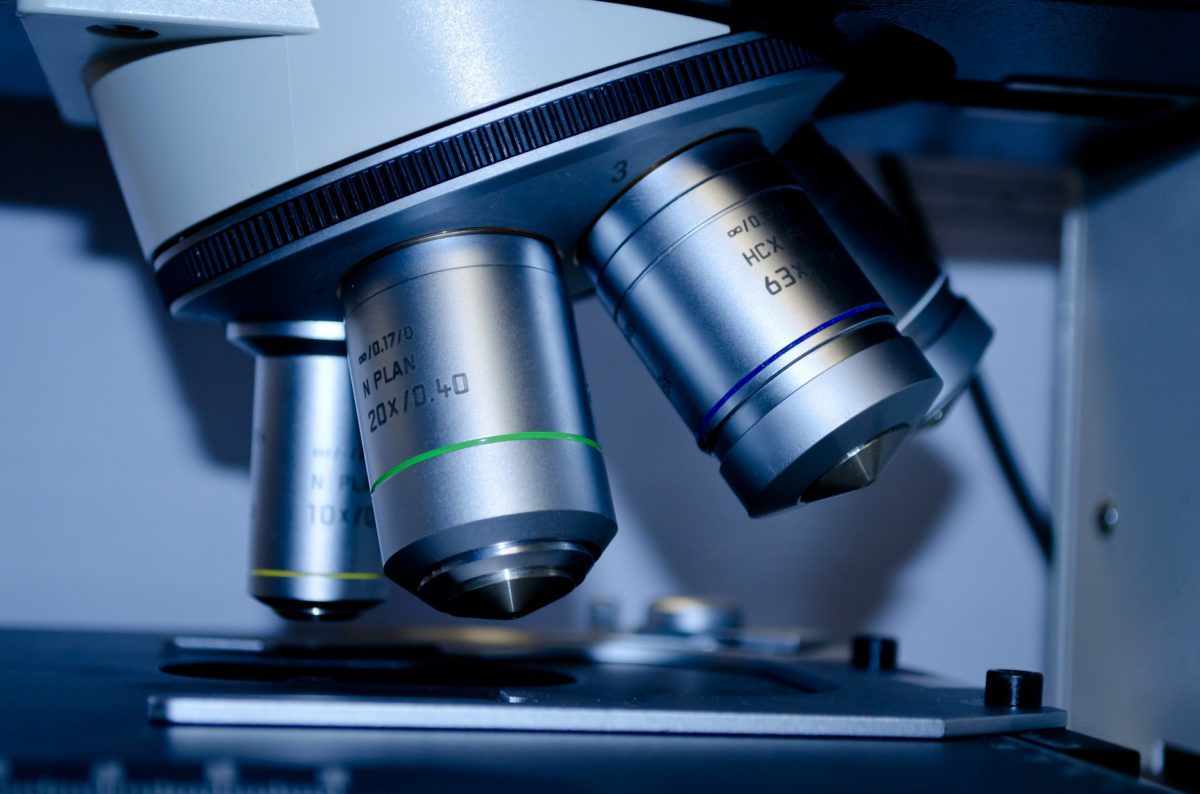The term life sciences usually comes up whenever Philly’s innovation economy is discussed.
There’s excitement in the long-term potential of areas like cell therapy and its implications for cancer treatment. There are enterprising companies in the diagnostics and bioengineering fields. And it doesn’t hurt to have a billion-dollar exit story to tout in the gene therapy space.
It’s not all about the future, though: Per a recent report from real estate firm CBRE, Philly’s home right now to the eighth-largest life sciences cluster in the country, with some 51,000 people employed by life sciences companies in the Philly metro area.
But how do we define “life sciences”? Ahead of April’s editorial focus on growing industries, we asked a few people in the field to help us out.
###
For Brianna Wronko, the CEO of diagnostics startup Group K Diagnostics, the most significant clue in the life sciences moniker is in its first word.
“Life sciences is anything that relates to a living being — animal or human — and requires something being taken from or given to that being,” said Wronko, an alum of the University of Pennsylvania. “This could include technologies in the biotech, AI and healthcare spaces, but not all technologies in those spaces qualify. For instance, a diagnostic company that tests blood would qualify as life sciences, but an app that measures heart rates would not — that’s simply a health technology.”
Eamon Gallagher, program director at IC@3401, agrees that companies that make pure software solutions fall under the umbrella of “digital health.”
“Life sciences encompasses hard scientific development with physical products, including pharmaceuticals, therapeutics, diagnostics, medical devices, and other products that are designed to treat or aid in the treatment of patients,” Gallagher said.
OraSure Technologies CEO Steve Tang, who spent a decade helming West Philly’s University City Science Center before joining the Bethlehem, Pa.-based medical device company, links the concept clearly back to healthcare.
“Life sciences help us understand what’s in us, what’s on us, and what’s around us,” Tang said. “At OraSure Technologies we believe that knowledge and understanding unlocks discovery and empowers each of us to be healthier — and create a healthier world.”
John Swartley, associate vice provost for research and managing director at the Penn Center for Innovation, offered a long shopping list of fields that should be part of the life sciences constellation.
“For the purposes of categorizing our companies and related commercialization initiatives, we generally consider ‘Life Sciences’ to encompass the fields of biotechnology, pharmaceuticals, biomedical technologies, healthcare technologies, botanical science and crop technologies, veterinary fields, environmental sciences, biomedical devices, research products and services and just about any other industry or area of research that focuses on understanding and providing tangible benefits to living organisms such as plants, animals and human beings,” Swartley said.
For LifeSciences PA CEO Christopher Molineaux, who heads the Main Line-based trade association for the state’s life sciences industry, said the term describes a diverse group of organizations, industries and activities with one common link: They apply knowledge of the way in which living organisms, chemicals and technology function for the betterment of the human condition.
“The life sciences sector spans different interests and markets, including academic research, pharmaceuticals, biotechnology, medical devices, diagnostics and the ultimate beneficiary of their scientific pursuits: patients,” Molineaux said.
###
P.S. Now that we’re all on the same page, tell us: What companies in the field should we be watching? Nominate a company for our life sciences realLIST here.







